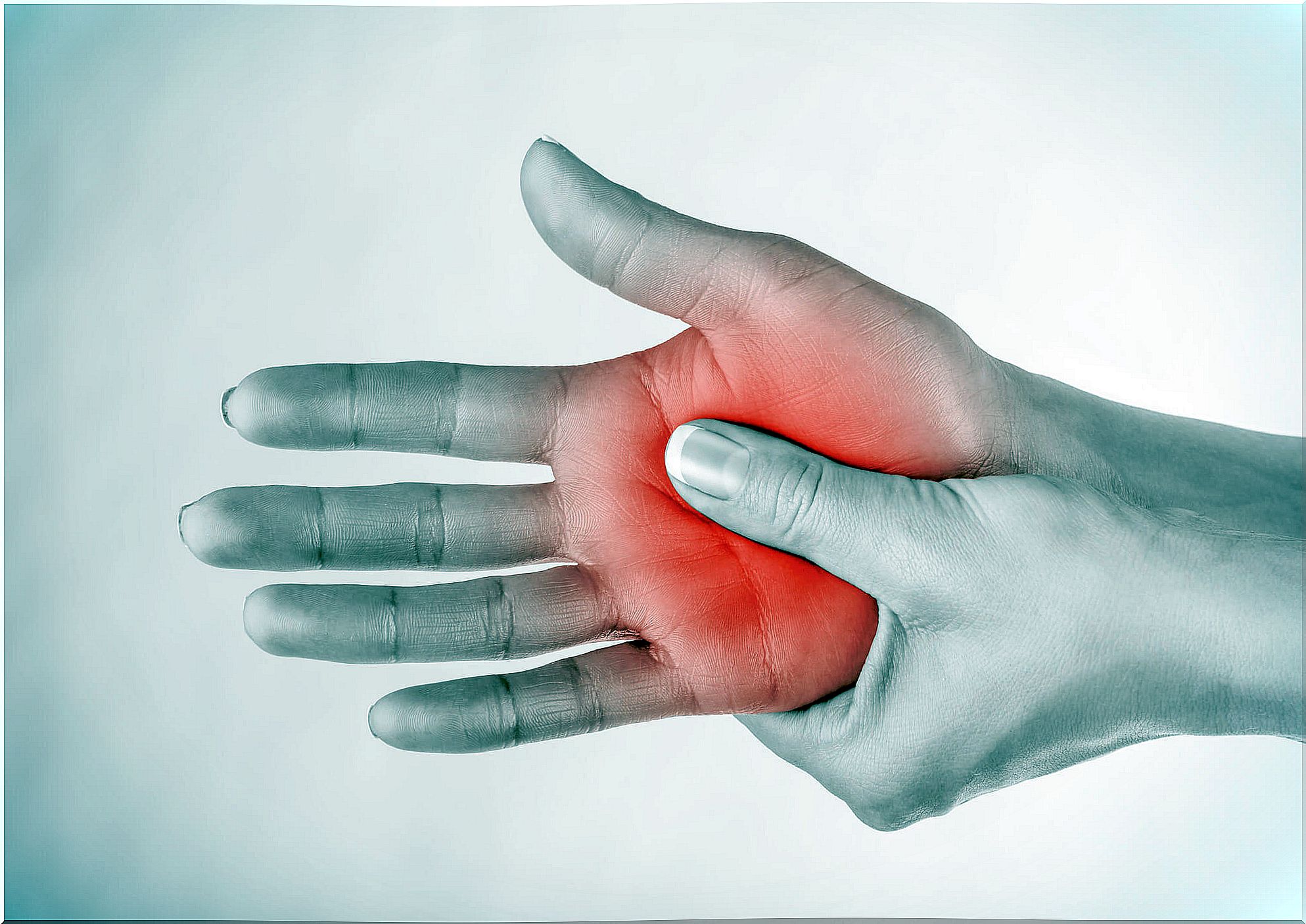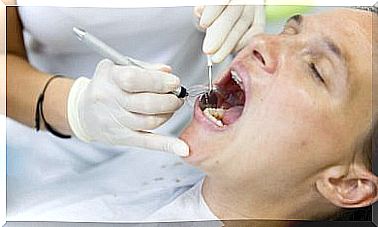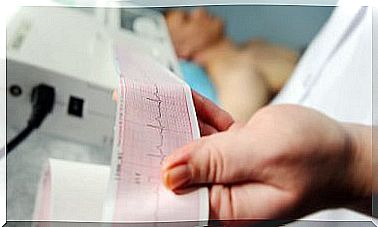4 Signs That Indicate Poor Blood Circulation
If you notice several of these signs, it is important that you see your doctor for an evaluation and diagnosis in time.

When a person has poor blood circulation, the body manifests it in different ways. In order to address the problem and not reduce the quality of life, it is important to know what the signs are.
Remember that good blood circulation is essential for the health of the entire body. Blood is a substance that ensures that organs, muscles and bones are well nourished. Therefore, when it cannot perform its function properly, the body suffers.
If the signs are not heeded, the problem may become more difficult to treat. In the most serious cases, poor blood circulation can lead to cardiovascular accidents, cerebral and coronary heart attacks, ulcers or gangrene.
The good news is that poor blood circulation can be treated by maintaining good lifestyle habits and, of course, following the treatment indicated by the doctor.
Signs of poor blood circulation
The body’s circulatory system is responsible for delivering blood, oxygen, and nutrients throughout the body. When blood flow is reduced to a specific part of the body, you may experience symptoms of poor circulation. Poor circulation is most common in the extremities, such as the legs and arms.
Poor circulation is not a disease in itself, but is the result of other health problems. Therefore, it is important to treat the underlying causes, rather than just the symptoms. There are several conditions that can cause poor circulation, so it is a good idea to see your doctor for a good diagnosis.
1. Tingling in the extremities
The tingling sensation occurs, especially when you stay in the same position for too long. It usually affects the legs most often, but it can also affect the hands and other parts of the body.
To prevent this from happening, the ideal is to walk every day for at least half an hour. This simple exercise allows the muscles to activate and the blood flow to be good.

2. Swollen legs
The legs swell because the body, perceiving that it does not have enough blood in the area, tries to compensate for the lack of blood by retaining fluids. Consequently, inflammation of the extremities occurs. In more extreme cases, pain and numbness may be experienced.
To treat this problem properly, the ideal is to exercise daily to increase muscle mass in the calves. Likewise, it is essential to place your feet up and improve circulation with the treatment of varicose veins, if present.
3. Fatigue
As we said before, blood provides sustenance for the entire organism, which is translated into energy. This means that the moment you don’t get to where you need to go, deficient elements have to put in extra effort, so they tire out before they should.
In this sense, when a muscle becomes fatigued, it requires another to help it, so it also works excessively. The result is a generalized state of fatigue that prevents the person from coping with the usual agility and impetus.
Apart from consulting with the doctor, other measures can be taken, such as improving diet. In this sense, the ideal is to start the morning with a good natural shake that provides energy and vitality, although vitamin supplements should not be ruled out.
4. Hair loss
Since the body does not receive the nutrients it needs because the blood does not circulate properly in all areas of the body, it cannot function properly. This can even affect the health of the hair. How can it be evidenced? Through hair thinning and drastic hair loss.
It is important to remember that, every day, it is normal to lose about a hundred hairs. On the other hand, the change of seasons can also cause the loss of a certain amount. Therefore, as long as the loss is not greater than that mentioned, there is nothing to worry about.
Other aspects to consider
If you have noticed any or more of these signs, go to your doctor and discuss your concerns. After a detailed evaluation, they will be able to give you a diagnosis, as well as a series of tips to solve the problem. However, it is essential to respect its indications and not rush when it comes to finding a cure, as it can have unfavorable consequences.









